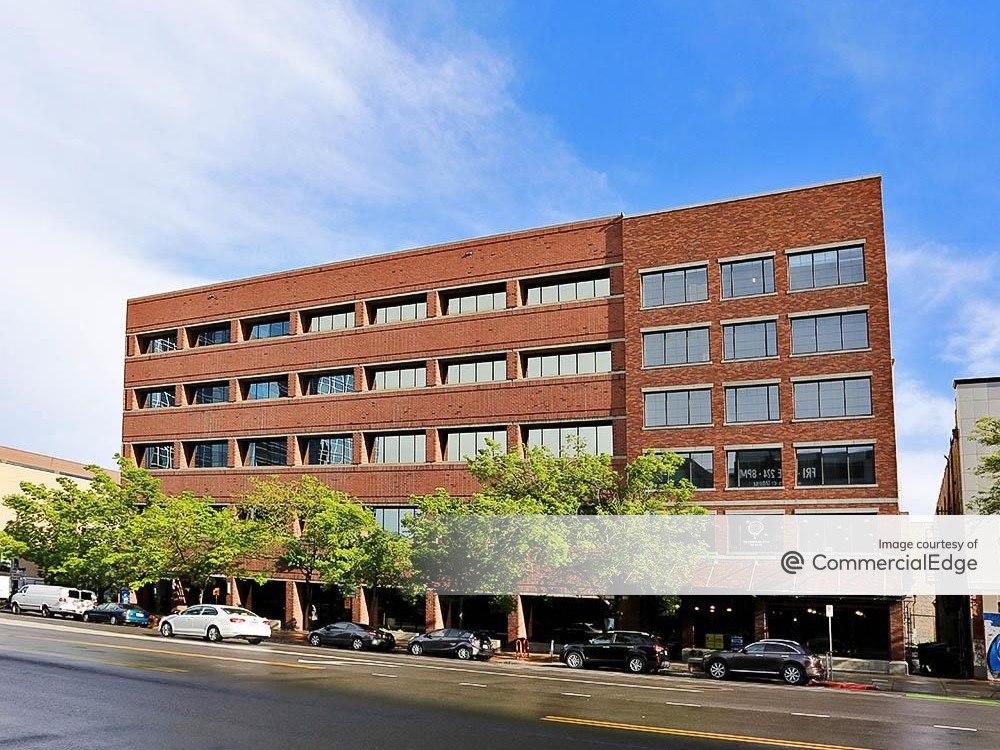How the New Senate Relief Bill Could Impact CRE
BOMA's Emily Naden breaks down the two big provisions of the bill that affect the industry.
As negotiations over the latest stimulus relief bill continue on Capitol Hill, the commercial real estate industry is taking a hard look at what the proposed legislation could mean for the sector.
After crucial measures in the latest stimulus relief bill—the CARES Act—expired at the end of July, pressure has mounted for Congress to pass another bill to help aid the millions of Americans impacted by the COVID-19 pandemic. The House passed the HEROES Act, a $3 trillion package, in May, but it was not picked up in the Senate.
READ ALSO: NAIOP’s Best Practices for Opening Offices Safely
Instead, late last month, Senate Republicans unveiled the HEALS Act, a $1 trillion stimulus package that includes a new system of additional $200-per-week unemployment benefits—down from the $600 that has been in place since March. Also included in the package is another round of $1,200 stimulus payments.
Emily Naden, director of federal affairs at the Building Owners and Managers Association International, an industry trade group, works directly with members of Congress on issues of tax and finance within the commercial real estate industry. She said there are two provisions within the HEALS Act that will have the most impact on commercial real estate, if the legislation is passed in its current state.
Liability protection
The first provision is a liability shield that would offer significant protections to businesses, schools, universities and churches for claims related to COVID-19 exposure. Businesses would be protected from liability for any actions that were taken in compliance with public health guidelines. Naden said Senate Majority
Leader Mitch McConnell has previously indicated the provision is important to him and she is confident it will stay in the bill throughout negotiations.
BOMA has been coordinating with companies on protocols and published reopening guidance that was even cited by the CDC, but with researchers continuing to learn new things about the coronavirus and regulations changing frequently at the local and state level, worries over liability persist.
“The threat is pervasive, we’re concerned about it,” said Naden, adding that BOMA is pleased the liability measure is broadly included in the Senate package.
Cleaning tax credit
The second provision in the bill that is important to commercial real estate is something Naden dubbed the “cleaning tax credit.” As workplaces grapple with stringent new guidelines and policies surrounding cleaning and sanitizing, cleaning costs requested by tenants and that align with the new standards of cleanliness have been estimated to be anywhere from 50 to 100 percent greater than the pre-pandemic normal.
“Tenants simply can’t absorb that right now,” said Naden.
The provision gives businesses a tax credit of 50 percent of an employer’s expenses related to the protection of employees. Qualifying expenses include cleaning supplies, testing for COVID-19, contactless technology for payments, PPE supplies, reconfigurations for spacing to create social distancing in offices and plexiglass in certain places where appropriate.
The tax credit has a cap of $1,000 for the first 500 employees and goes down slightly for additional employees. Naden said the tax credit would benefit small and mid-size employers the most.
The ‘lifeblood’ of the industry
According to Naden, BOMA’s primary concern has been keeping tenants afloat during the pandemic and keeping the health and safety of the staff a top priority. Additional funding for the Paycheck Protection Program is included in the stimulus package—something that BOMA is encouraging its members to inform their tenants about, as real estate firms themselves do not qualify.
“Our primary concern is helping our tenants weather the storm and helping everyone get back in the safest, best way possible,” Naden noted.
She pointed out that while many of the provisions in the HEALS Act don’t directly apply to commercial owners and managers, they do apply to tenants, whom she called the “lifeblood” of the industry.
“They’re not all big law firms and tech firms, we have some small shops too,” she said. “We need them to occupy space and rent those buildings so they’re not empty shells, because once you have ghost buildings, you start to lose other tenants.”









You must be logged in to post a comment.